The Online-Casinos.com News in 2025
Welcome to the news hub of Online-Casinos.com. Here we cover all the latest developments concerning online gambling. Our news team will bring you current updates about legislation, casinos, sports, poker, as well as expert analysis and fun trivia from across the gambling industry.
The UK's Chief Financial Minister Rachel Reeves mentioned possible higher gambling taxes, causing stocks to fall. Key Facts: Rachel Reeves, the Chancellor of the Exchequer, said gambling taxes could increase soon This has had an immediate effect on the stocks of major gambling companies These stocks have experienced a drop,...
Explore an ancient Egyptian tomb as you play Fate of Dead Blitzways, a new slot...
A funding gap linked to the launch of a new statutory gambling levy in the...
Clucking Hell is the latest Halloween-themed BGaming slot game coming to UK online casinos and...
Matchroom: The Greatest Showmen is the latest sports-related docuseries to land on Netflix. Key Facts:...
The UK government has called for urgent reform of skins gambling, which it says could...
Farage’s Reform UK is 10/11 to win the most seats at the next General Election....
Yommi Rush is a new BGaming slot about fuzzy monsters who have a sweet tooth....
Five countries, including ‘big five’ Spain, say they are prepared to boycott the 2026 Eurovision...
The Gambling Commission says the Advisory Board for Safer Gambling has fulfilled its original remit...
There are many online slots with an Irish theme. Pragmatic Play is doing something different...
Bookmakers believe Saturday’s Irish Greyhound Derby final will be a piece of cake for Cheap...
New games from Peter & Sons always get a warm welcome from UK online casino...
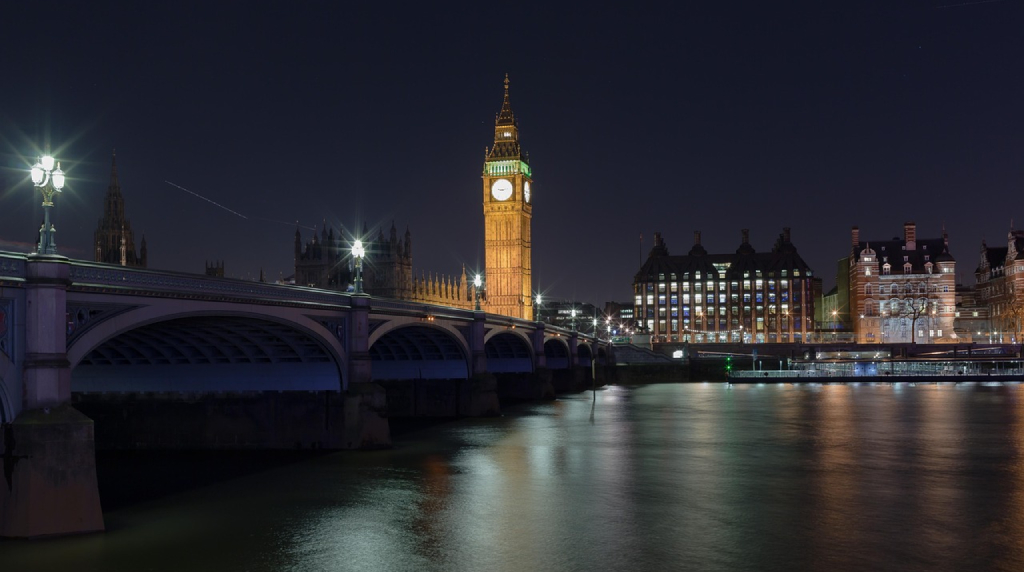 Gambling Stocks Fall as Government Considers Tax Rises
Gambling Stocks Fall as Government Considers Tax Rises
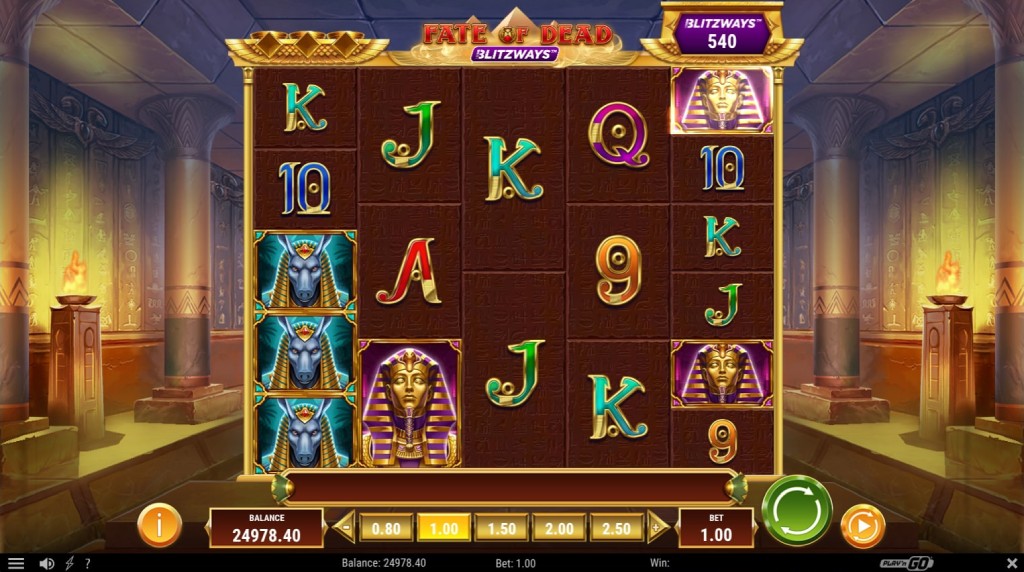 New Fate of Dead Blitzways from Play’n Go Out on 02.10.2025
New Fate of Dead Blitzways from Play’n Go Out on 02.10.2025
 Gambling Charities May Close Over Funding Gap
Gambling Charities May Close Over Funding Gap
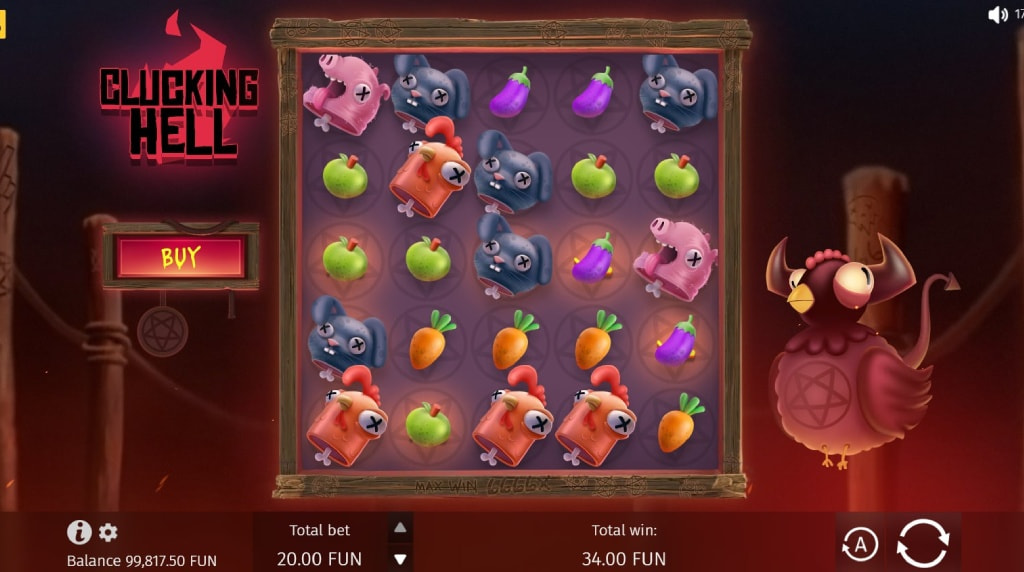 Clucking Hell Slot Announced by BGaming
Clucking Hell Slot Announced by BGaming
 Matchroom Sport’s Showmen Are the Next Netflix Subjects
Matchroom Sport’s Showmen Are the Next Netflix Subjects
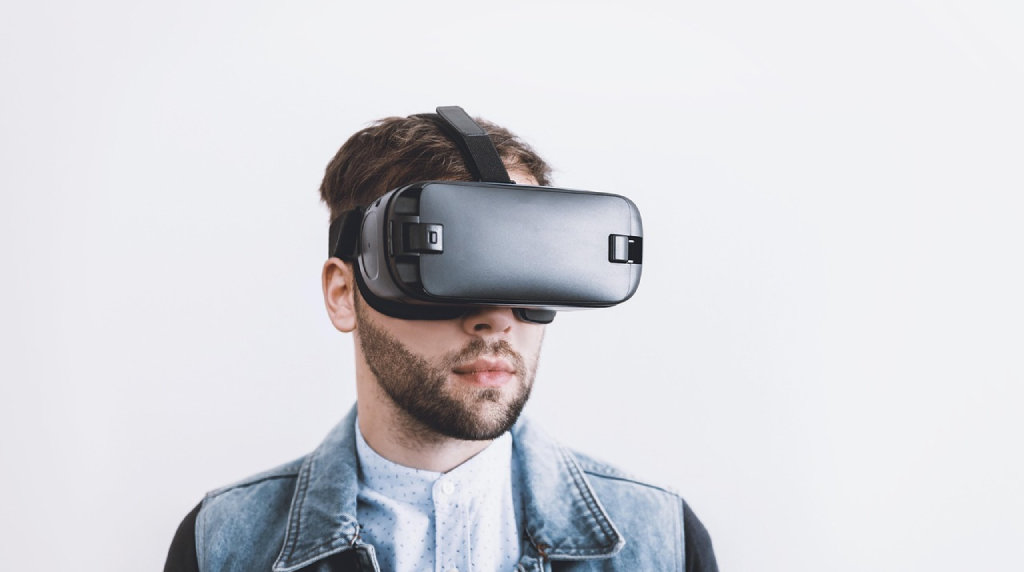 Skins Gambling Needs Regulation, Says UK Govt
Skins Gambling Needs Regulation, Says UK Govt
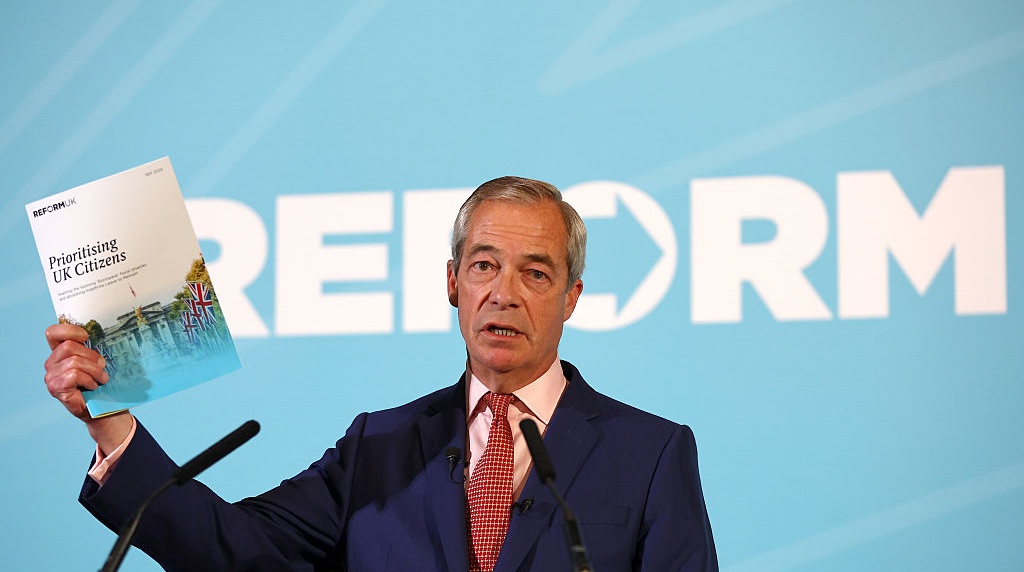 Reform UK Favoured to Win Most Seats at Next General Election
Reform UK Favoured to Win Most Seats at Next General Election
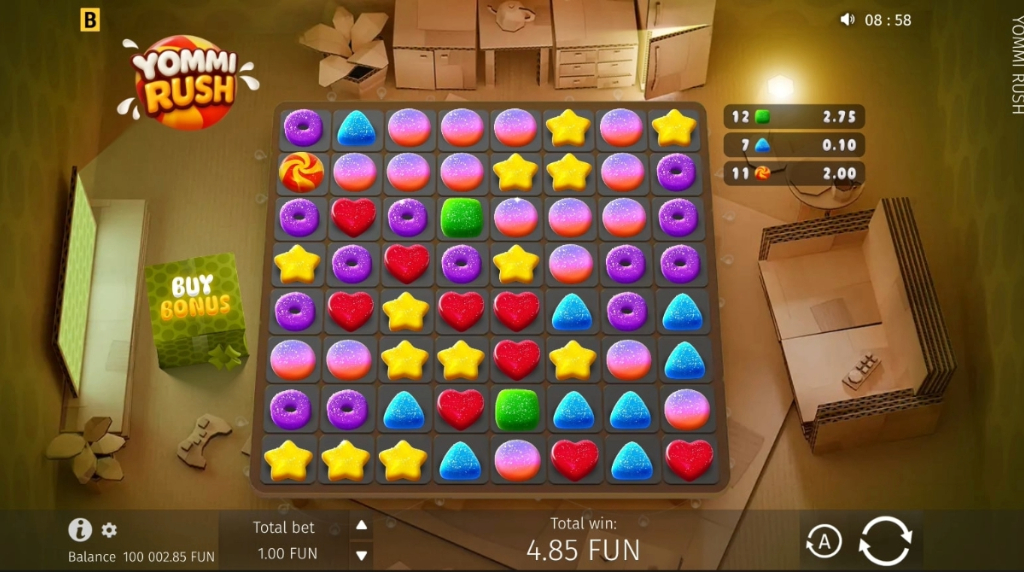 BGaming’s New Yommi Rush Slot Out on 25.09.2025
BGaming’s New Yommi Rush Slot Out on 25.09.2025
 Spain Says It Will Boycott Eurovision 2026 if Israel Takes Part
Spain Says It Will Boycott Eurovision 2026 if Israel Takes Part
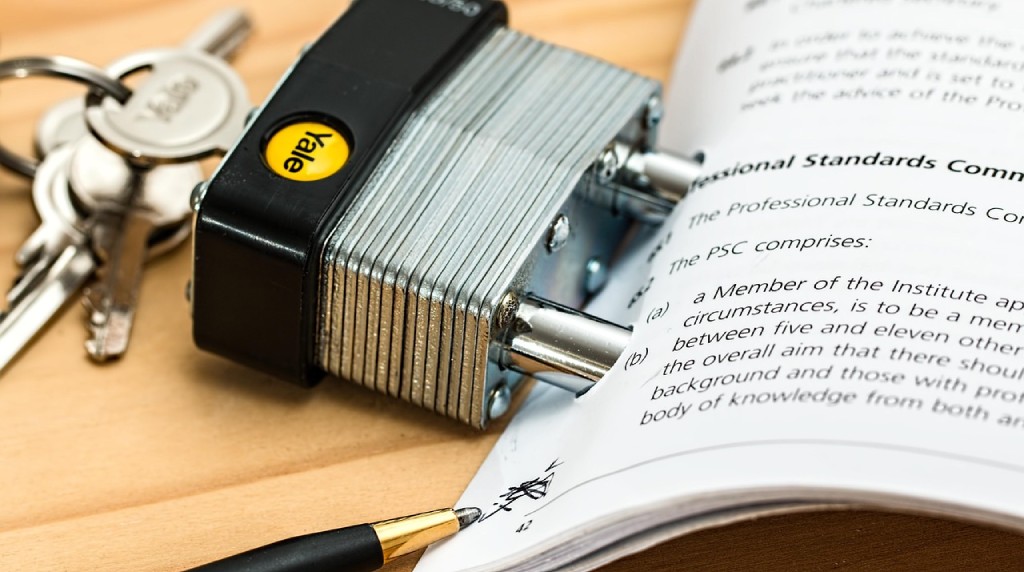 Advisory Board for Safer Gambling to Close, Says UKGC
Advisory Board for Safer Gambling to Close, Says UKGC
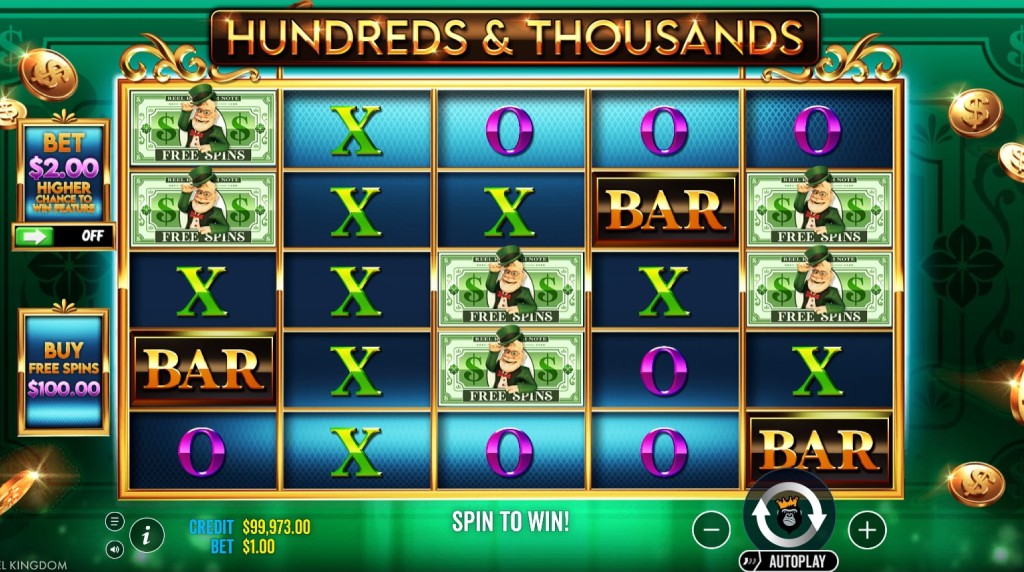 Hundreds & Thousands by Pragmatic Play Released on 25.09.2025
Hundreds & Thousands by Pragmatic Play Released on 25.09.2025
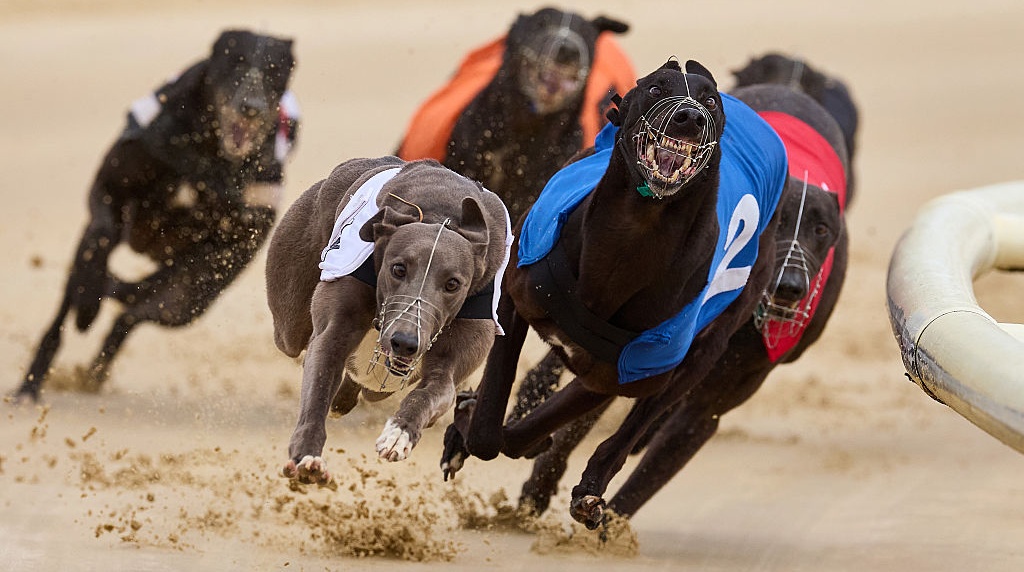 Irish Greyhound Derby Could Be a Picnic of Cheap Sandwiches
Irish Greyhound Derby Could Be a Picnic of Cheap Sandwiches
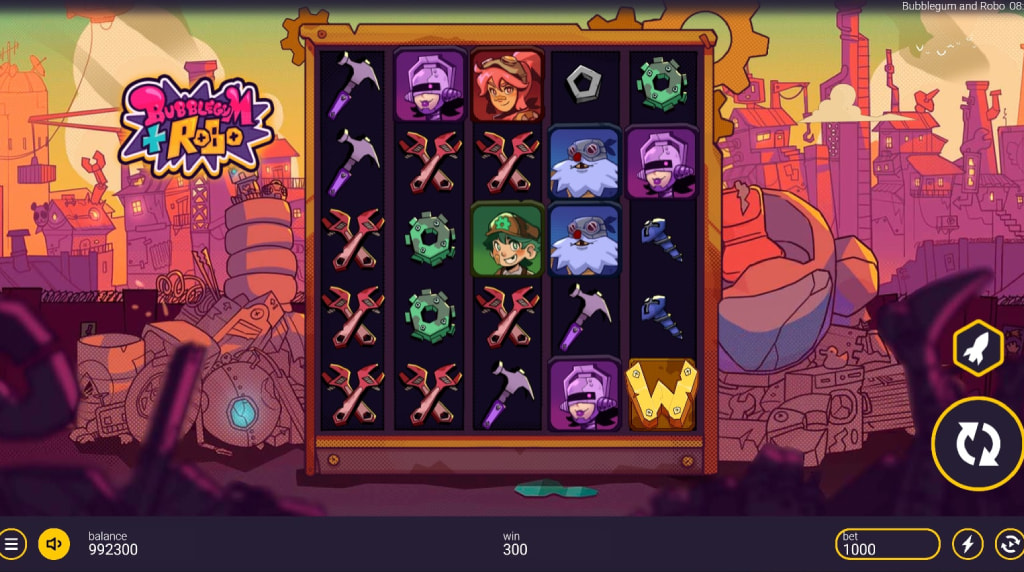 Bubblegum and Robo Released by Peter & Sons
Bubblegum and Robo Released by Peter & Sons